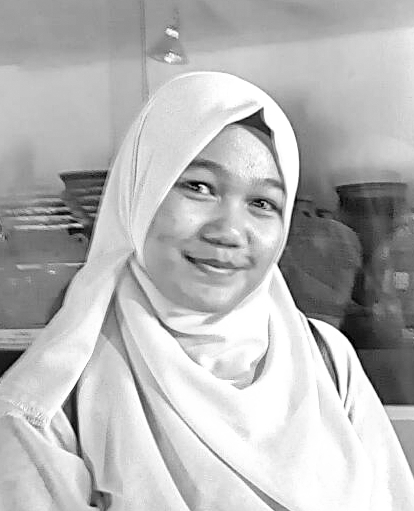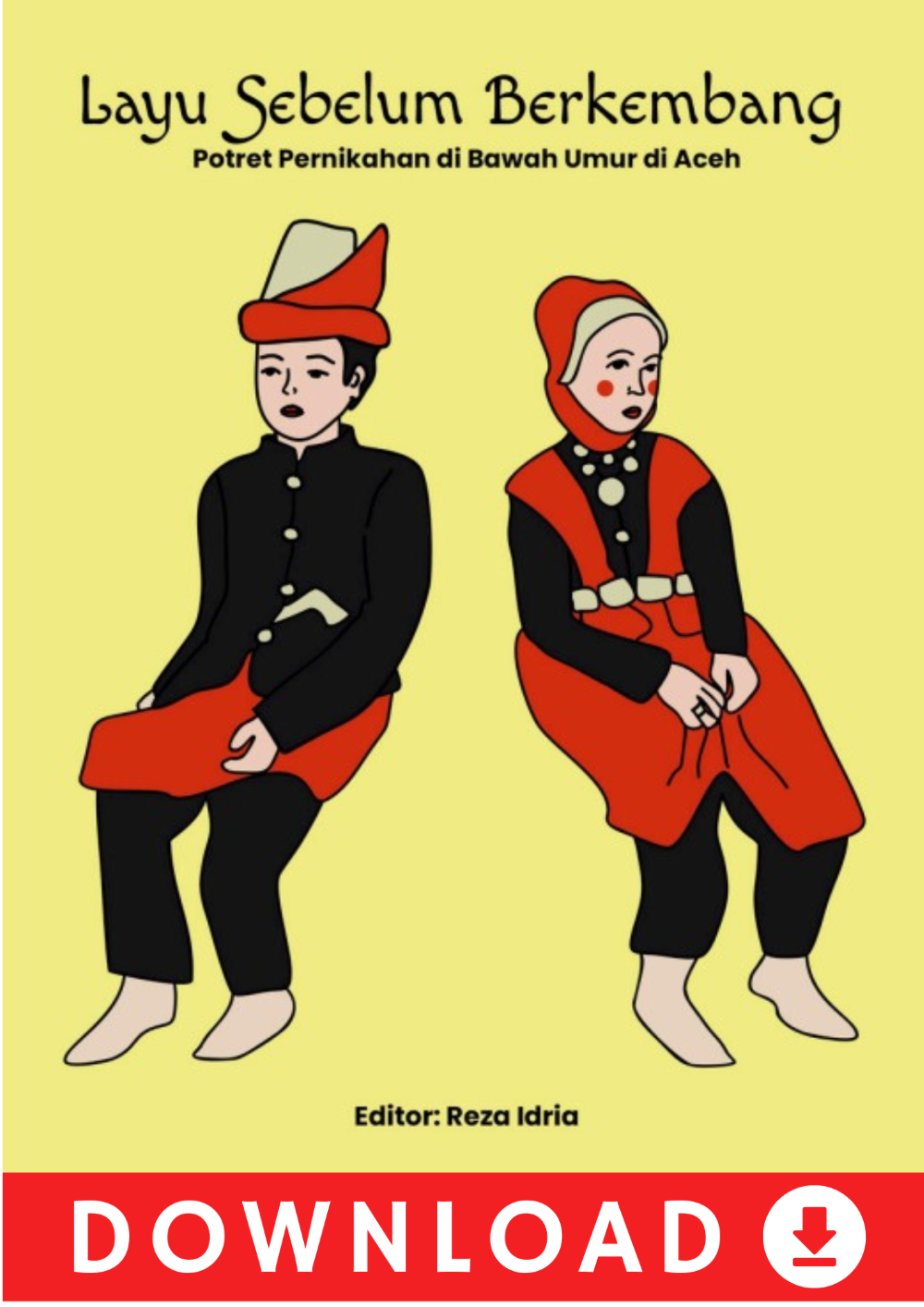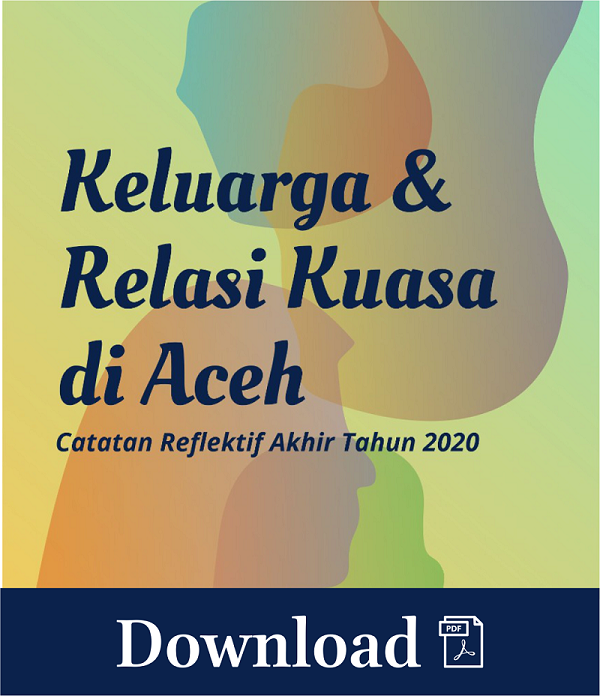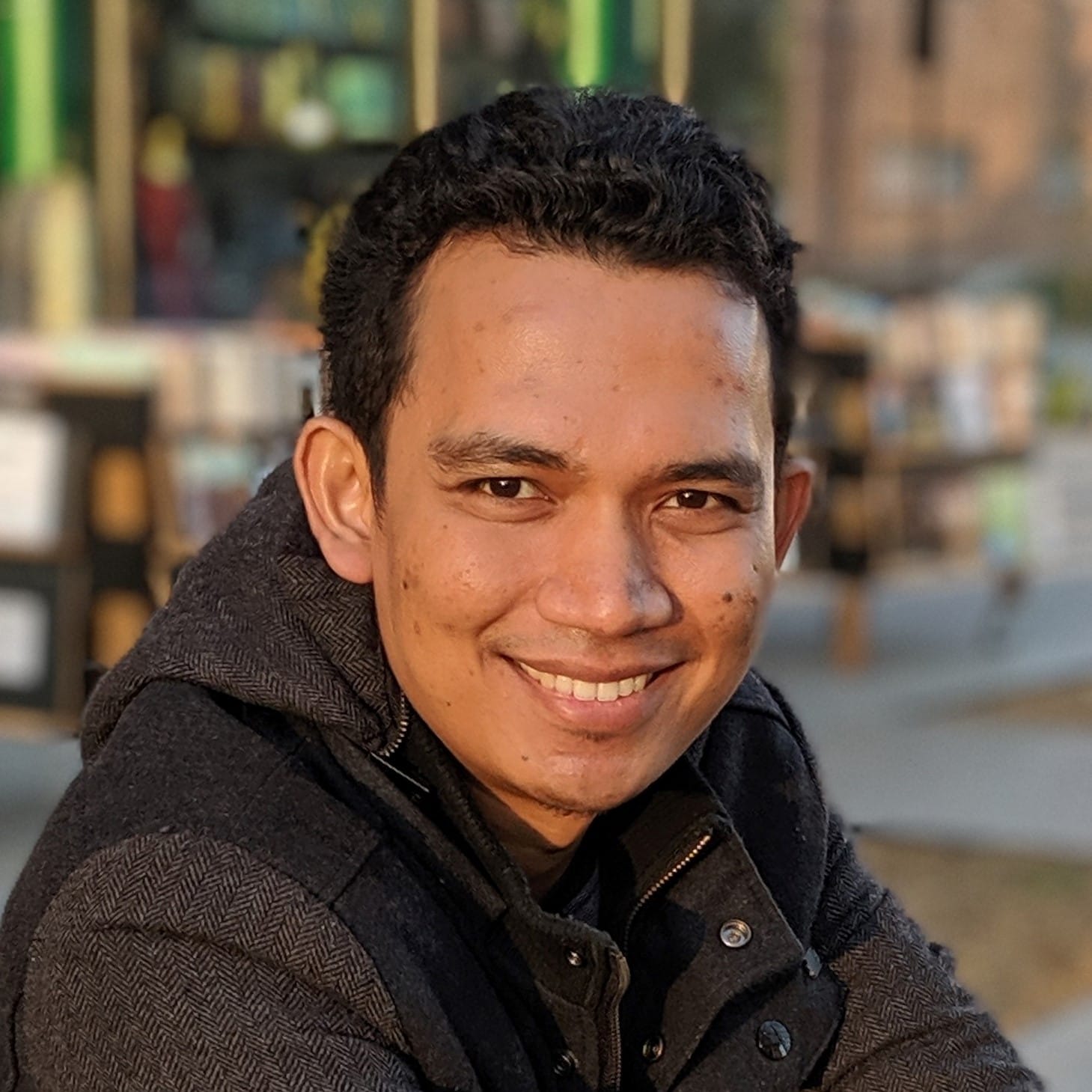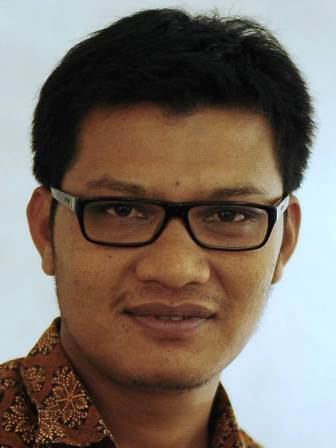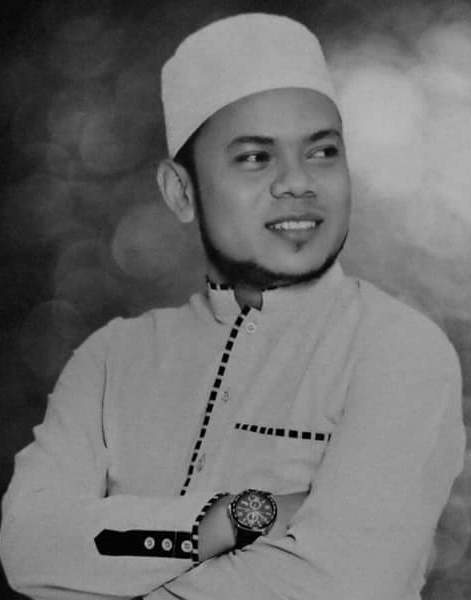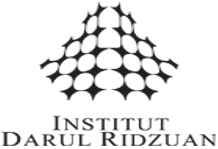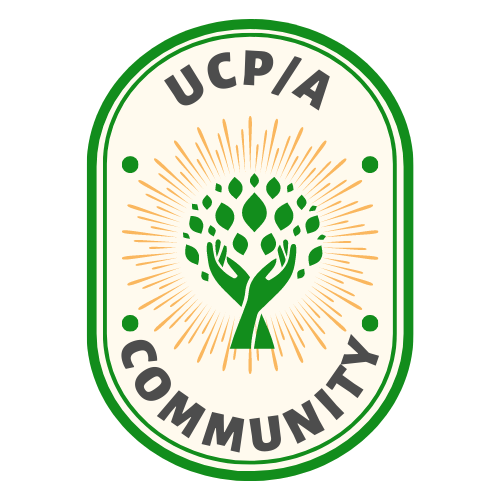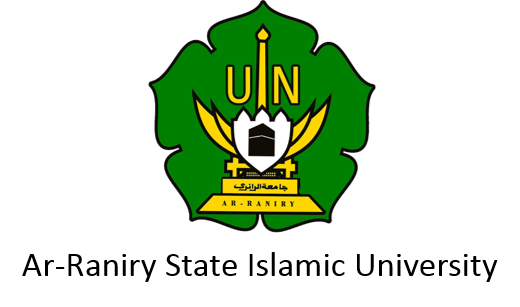“Have You Plagiarized?” -The Complex Contexts of Plagiarism
- Details
-
Published: Wednesday, 12 July 2017 10:15
By : Faishal Zakaria
Writer is an LPDP awarde and is currently working on his PhD in Literacy, Culture, and Language Education (LCLE) at Indiana University Bloomington, Indiana, USA
Email : fzakaria@indiana.edu
 “Have you plagiarized?” Surely, no one would be happy to be asked such a question because the question indicates that a form of academic dishonesty has allegedly been performed. In the West, issues of plagiarism would be seriously addressed and the perpetrators would be severely punished. Many important people have been forcibly removed from their positions because they were accused of committing acts of plagiarism or there were many cases where universities had to revoked academic degrees they had awarded because the holders were believed to have plagiarized their academic works. Similarly, issues of plagiarism have also been deemed crucial in Indonesia. Nonetheless, cases of plagiarism keep appearing. What is wrong here? Who is to be blamed?
“Have you plagiarized?” Surely, no one would be happy to be asked such a question because the question indicates that a form of academic dishonesty has allegedly been performed. In the West, issues of plagiarism would be seriously addressed and the perpetrators would be severely punished. Many important people have been forcibly removed from their positions because they were accused of committing acts of plagiarism or there were many cases where universities had to revoked academic degrees they had awarded because the holders were believed to have plagiarized their academic works. Similarly, issues of plagiarism have also been deemed crucial in Indonesia. Nonetheless, cases of plagiarism keep appearing. What is wrong here? Who is to be blamed?
Perhaps in most writing classes, plagiarism is a big concern and it is not easy to solve. Many teachers are tempted to immediately blame the students whenever they attempted to do an act of plagiarism and regard them as those who do not have academic integrity, honesty, and, even worse, critical thinking. The term “plagiarism” might not seem so alien to students in the western contexts but those in or from the eastern contexts might likely see it differently. This means the idea of plagiarism is somewhat seen differently across cultures (Bloch, 2008).
Read more: “Have You Plagiarized?” -The Complex Contexts of Plagiarism
Restoring Faith: Women Entrepreneurs in Post-tsunami Aceh
- Details
-
Published: Thursday, 08 June 2017 12:47
Adawiyah, Aceh Batik Trainer and Emboider
Written by Maida Irawani
 “I was only a housewife and only did domestic chores but now live changes.” The 2004’s tsunami destroyed our home and lives. We were survived from the tsunami but we had nothing left except what we had in our body. We displaced to a safe area located around 2 km from our home and live together under the tents with hundreds of people who also lost their everything on that tragic natural disaster. Life was difficult for us as we relied on the aids and supports from donors or NGOs. My husband could not work as the school where my husband work as a teacher was also vanished.
“I was only a housewife and only did domestic chores but now live changes.” The 2004’s tsunami destroyed our home and lives. We were survived from the tsunami but we had nothing left except what we had in our body. We displaced to a safe area located around 2 km from our home and live together under the tents with hundreds of people who also lost their everything on that tragic natural disaster. Life was difficult for us as we relied on the aids and supports from donors or NGOs. My husband could not work as the school where my husband work as a teacher was also vanished.
I did not lose hope and faith because of the condition that we faced, I did what ever I could do to survive. When I was young, I used to be able to play rebana or tambourine, this skill helped me to become one of the village facilitator to teach the children in a displaced camp. For about two years, I was recruited to support in psychosocial activity, teaching the children how to play rebana and Islamic Nasheed. It was in 2007 when we decided to return to our village and rebuild back our lives. I participated on some vocational training such as sewing, embroidery and was selected to be one out of 40 villagers who participated on Batik training in Java and later became the member of Rumoh Batik Cooperatives, a new livelihood concept developed by Indonesian Rehabilitation and Reconstruction Agency to restore the community livelihood in my village. We received supports from training, tools, capital, assistances in management and marketing, and also network. It was successful at the beginning, we received many orders both from government and publics and often being invited in exhibitions. However, this glory came to an end by 2010 as the orders and selling was decreased in numbers due to the decrease of the quality of our products and also our product could not compete in the market as people prefer to buy Java Batik as the price is cheaper than Aceh Batik.
Read more: Restoring Faith: Women Entrepreneurs in Post-tsunami Aceh
 I had no idea about Seasoned fish meat floss (“abon ikan”) until my husband shared the recipe to me after he participated on a Seasoned fish meat floss training organized by Banda Aceh Mayor Office in 1998. I was so curious about it as I never knew how it looks like and the taste. At first, I tried to cook it and the taste was strange, too sweet and not delicious. I was sure that Acehnese would not like it.
I had no idea about Seasoned fish meat floss (“abon ikan”) until my husband shared the recipe to me after he participated on a Seasoned fish meat floss training organized by Banda Aceh Mayor Office in 1998. I was so curious about it as I never knew how it looks like and the taste. At first, I tried to cook it and the taste was strange, too sweet and not delicious. I was sure that Acehnese would not like it.


